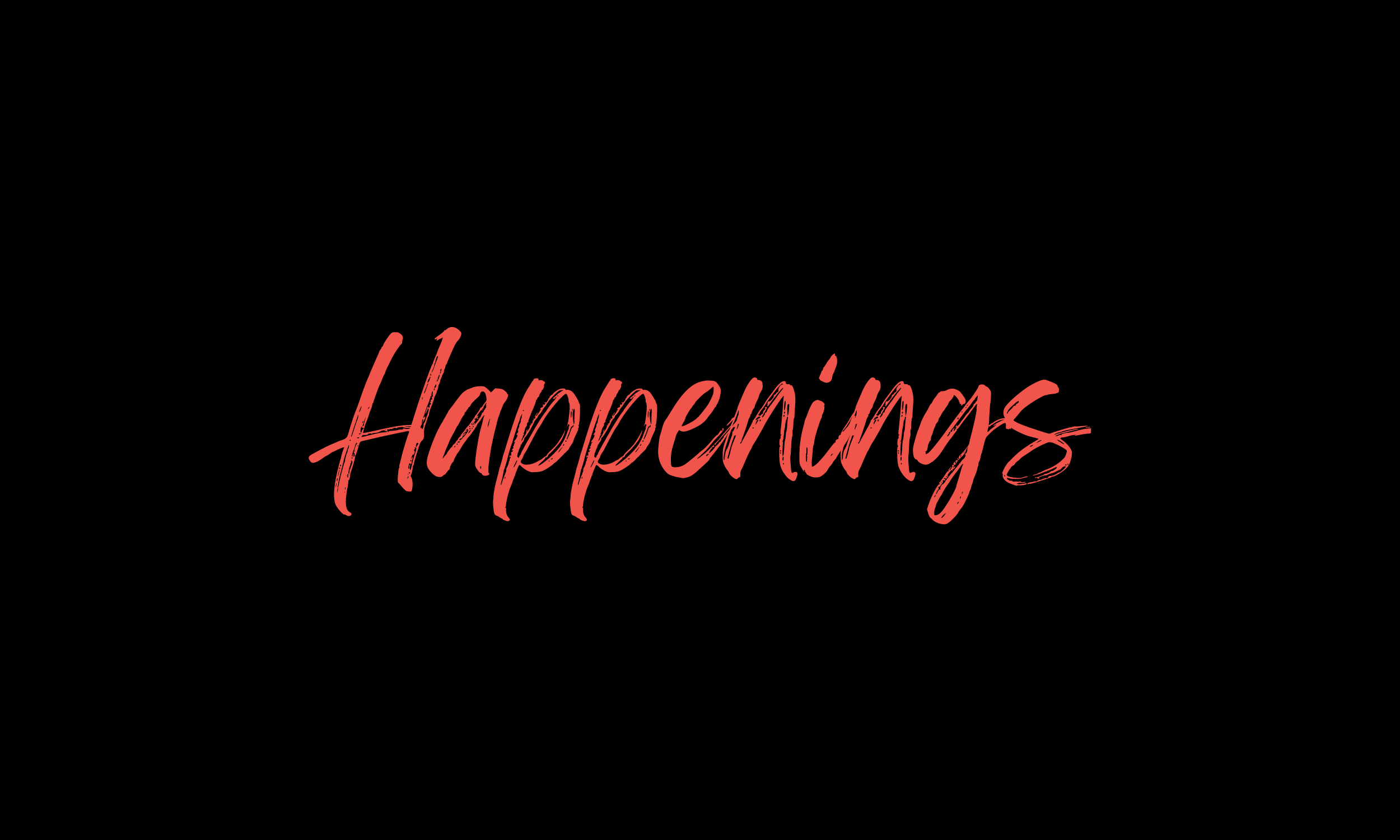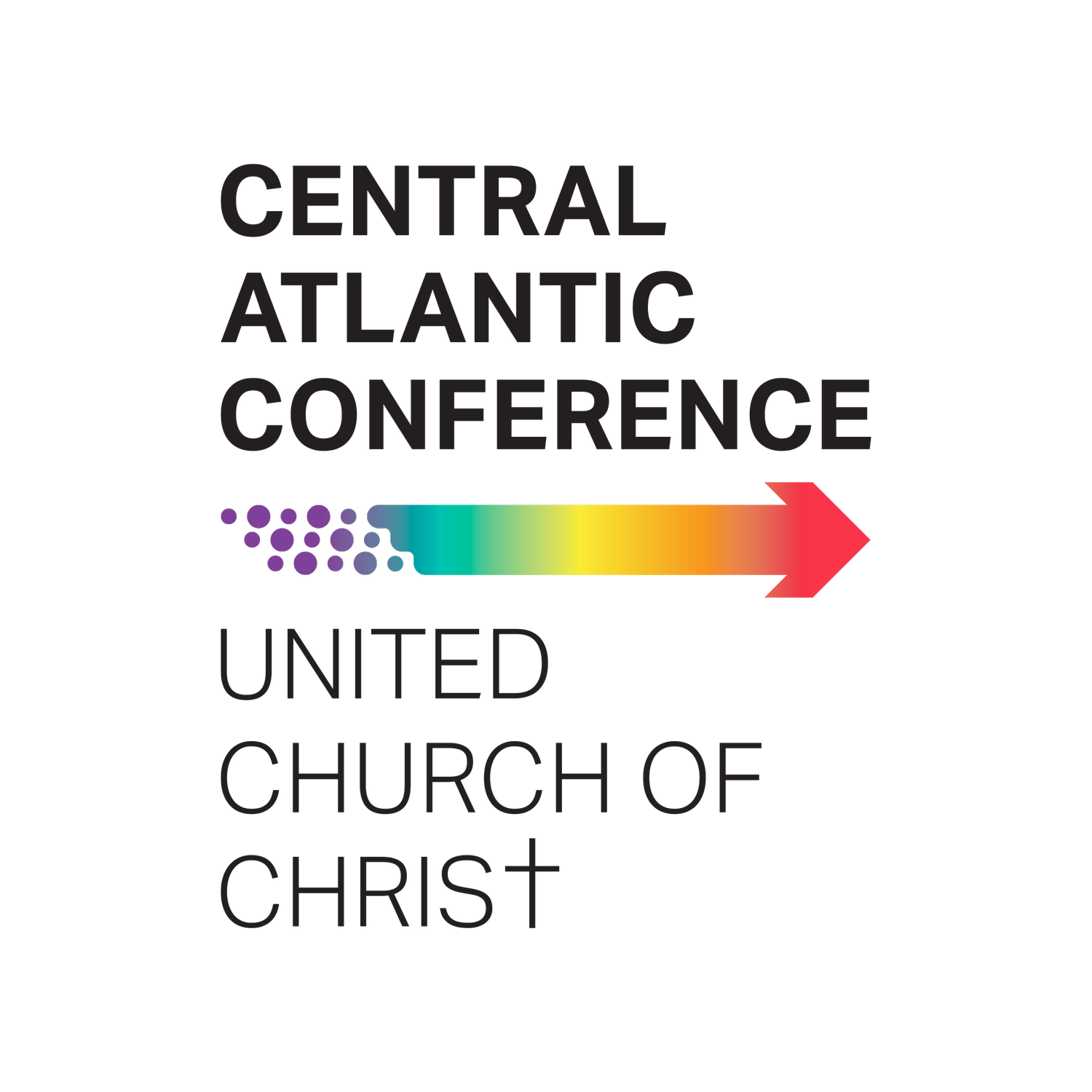
February 22, 2024
Can anything good come out of Nazareth? (John 1:46)
During Black History Month, my wife Janese and I have developed a habit of absorbing a lot of documentaries about the wealth of contributions that African Americans have made to the American story. I read The Black Church by Dr. Henry Louis Gates before seeing the documentary. I have added numerous documentaries to my DVR collection, thinking that I’ll share them with my grandchildren someday. I’ve even taken pains to store some Howard Thurman documentaries, the focus of my doctoral study, in my DVR cloud on Xfinity. While it would be nice to view this wealth of black excellence during the month, viewing these accounts of the struggle for Civil Rights at our leisure makes for a more profound learning experience.
I recently had one of those more profound experiences as I viewed “Shuttlesworth” on PBS. The documentary is the story of The Rev. Fred Shuttlesworth and the Civil Rights Movement in Birmingham, Alabama. As I looked at the presentation, my mind drifted back to the summer of 2022. I was part of a group of about 20 researchers doing an in-depth study of 1963 Alabama and the “behind the scenes” struggle for civil and voting rights. And in the aftermath of the trip, as I wrote a paper summarizing my experience, all I could think about was John 1:46. Could anything good come out of Nazareth? Birmingham? Could anything good come out of Birmingham?
At the time of Jesus’ birth, Nazareth was a small town in Galilee. For all of Jesus’ earthly journey, the population never exceeded 500 people. It was perhaps a two-day journey from Jerusalem, rural; everybody knew everybody, and to think that the Messiah would hail from such a place was a bit of a stretch. In 1963, Birmingham had a population of over 500,000 people. It was 40% black, and Martin Luther King Jr. called it “probably the most thoroughly segregated city in the United States.” Known to many as “Bombmingham” in honor of the white citizen’s signature method of keeping black people “in their place,” this city marshaled the media attention of the entire globe in 1963. After six years of struggle spearheaded by the indomitable spirit of Rev. Fred Shuttleworth, Dr. King had no choice but to heed the requests of the Birmingham preacher and bring the movement and its strategies to Birmingham. In 1963, in Birmingham, the people decided to fill the jails by civil disobedience and public protest. It was in 1963 that Birmingham's strategy changed from adults to children filling up the police paddy wagons and jails. It was in 1963 Birmingham where Police Commissioner Eugene “Bull” Connor unleashed attack dogs and high-pressure fire hoses on unarmed black people simply for “assembling” in Kelly Ingram Park. And it was 1963 Birmingham where four little girls would die at the 16th Street Baptist Church across the street from that park. Frustrated that their violent tactics could not dampen the spirits of churchgoing men, women, and children, the Ku Klux Klan decided that perhaps bombing the church would persuade them to “stay in their place”.
History reveals that the people wouldn’t back down, and Congress passed voting rights and civil rights legislation over the next two years. Both Rev. Shuttlesworth and Dr. King endured beatings and jailings in their persistence to see black people treated like Children of God. Sitting in Kelly Ingram Park with my classmates that August summer afternoon in 2022, I glanced across the street at the 16th Street Baptist Church. And I thought to myself about the irony of how God turned the eyes of the world on one of the most brutal, racist, segregated cities in America, and justice got the victory. And it was just a reminder for me. Birmingham? Can anything good come from Birmingham? Thanks be to God that justice did. God does not require the appearance of grandiosity, lavishness, and ostentation to do big things. Fishes and loaves will do. Nazareth will do, and Birmingham will do. Just ask Fred Shuttlesworth…just ask Jesus.
Rev. Brian Murray, Senior Pastor of New Covenant Community UCC in Catonsville, MD is a Howard Thurman Scholar at Wesley Theological Seminary in Washington DC. He continues to write at the intersection of faith and social justice.

